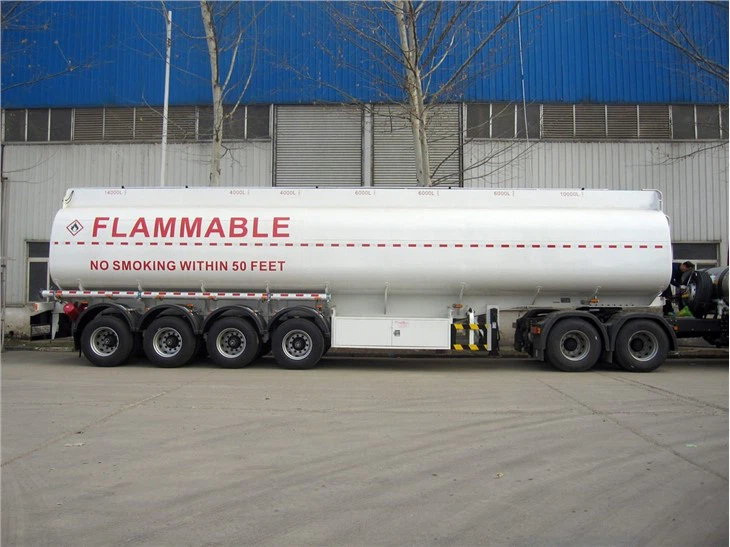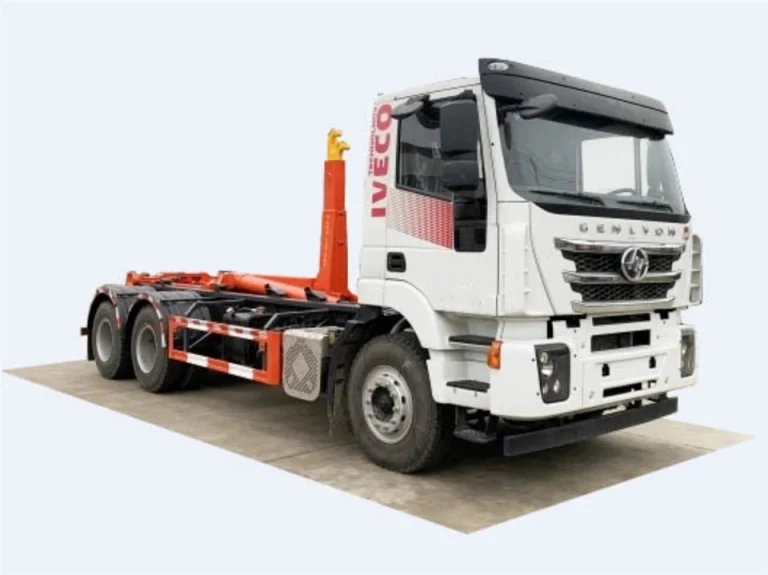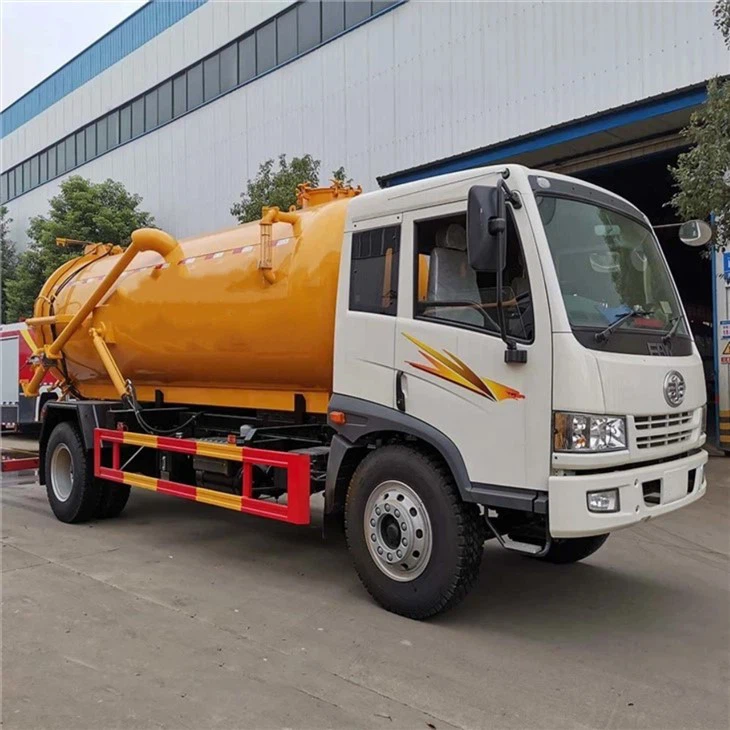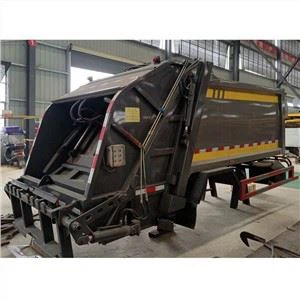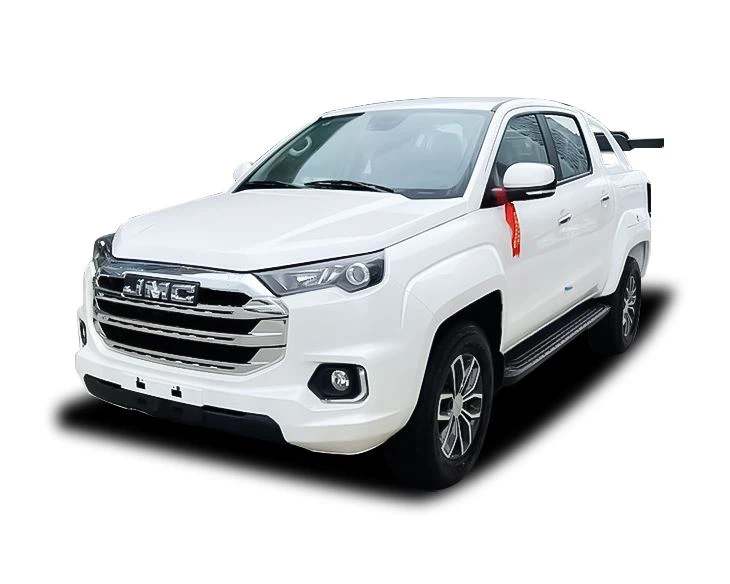If you’re in the market for a used street sweeper, you might be overwhelmed by the options available. Street sweepers play a vital role in maintaining clean streets and public spaces. In this comprehensive guide, we’ll explore the types of used street sweepers available, their features, how to choose the right model, and much more. Let’s dive in!
Understanding Street Sweepers
What is a Street Sweeper?
A street sweeper is a specialized vehicle designed to clean paved surfaces. They are commonly used in urban areas, airports, and parking lots to remove debris, dirt, and litter. Street sweepers help keep public spaces clean, maintain aesthetic value, and contribute to environmental health.
Types of Street Sweepers
Street sweepers come in several types, each tailored for different cleaning needs. Here are some of the most common types:
- Vacuum Sweepers: Utilize suction to collect debris and dust.
- Mechanical Sweepers: Use brushes to sweep debris into a hopper.
- Regenerative Air Sweepers: Combine vacuum and mechanical systems for efficient cleaning.
- Compact Sweepers: Smaller models suitable for tight spaces.
- Truck-Mounted Sweepers: Larger models for heavy-duty cleaning tasks.
Benefits of Buying Used Street Sweepers
Cost-Effectiveness
Buying used equipment is often more affordable than purchasing new. Used street sweepers can save thousands of dollars while still providing reliable service.
Lower Depreciation
New vehicles tend to depreciate quickly. By purchasing a used street sweeper, you can avoid the steep depreciation that comes with a new model.
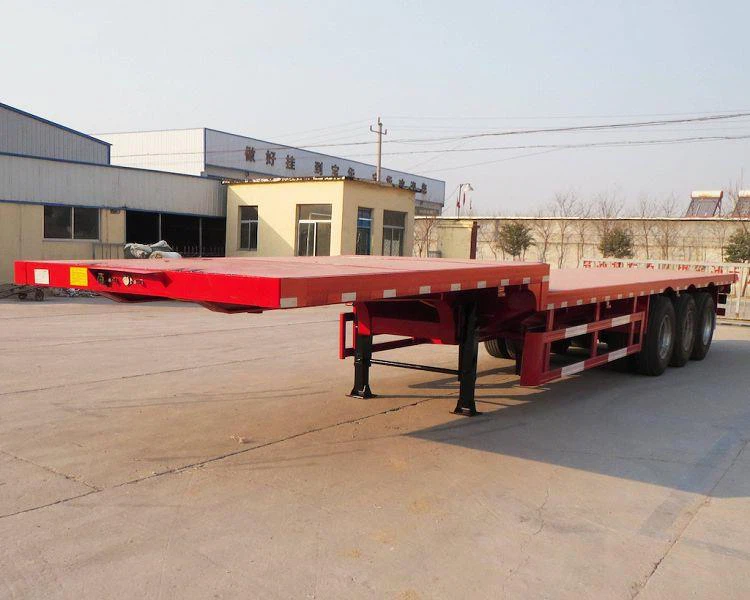
Tested Performance
Used street sweepers have been on the road and have proven their performance. By reviewing service records, you can make more informed decisions based on prior usage.
Where to Find Used Street Sweepers
Dealerships
Many dealerships specialize in heavy equipment and often have used street sweepers available. Working with a reputable dealer can provide warranties and service options.
Online Marketplaces
Platforms like eBay, Craigslist, and specialized equipment websites offer a wide variety of used street sweepers. Always verify the credibility of sellers prior to making a purchase.
Auction Sales
Government and industrial auctions can be a gold mine for used street sweepers. You can often find good deals due to the competitive bidding process.
Factors to Consider When Buying a Used Street Sweeper
Condition and Maintenance History
Always check the maintenance history of the used street sweeper. Look for records of regular servicing, repairs, and parts replacements.
Hours of Operation
Consider how many hours the machine has been used. More hours can indicate wear and tear, impacting the vehicle’s performance and lifespan.
Type of Sweeping System
Choose a model that suits your specific cleaning needs. Some areas may require vacuum systems for dust control, while others may benefit from mechanical systems for larger debris.
Fuel Type
Street sweepers can run on diesel, gasoline, or alternative fuels. Consider operating costs and how they fit into your budget.
Brand Reputation
Research the brand and manufacturer of the used street sweeper. Brands known for reliability and durability may offer better long-term value.
Cost of Used Street Sweepers
The price of used street sweepers can vary significantly based on various factors, including age, brand, condition, and additional features. Here’s a general breakdown of costs you might encounter:
| Model Age | Estimated Price Range |
|---|---|
| 1-3 years | $50,000 – $80,000 |
| 4-6 years | $30,000 – $50,000 |
| 7 years and older | $10,000 – $30,000 |
Practical Tips for Buying a Used Street Sweeper
Inspect Before You Buy
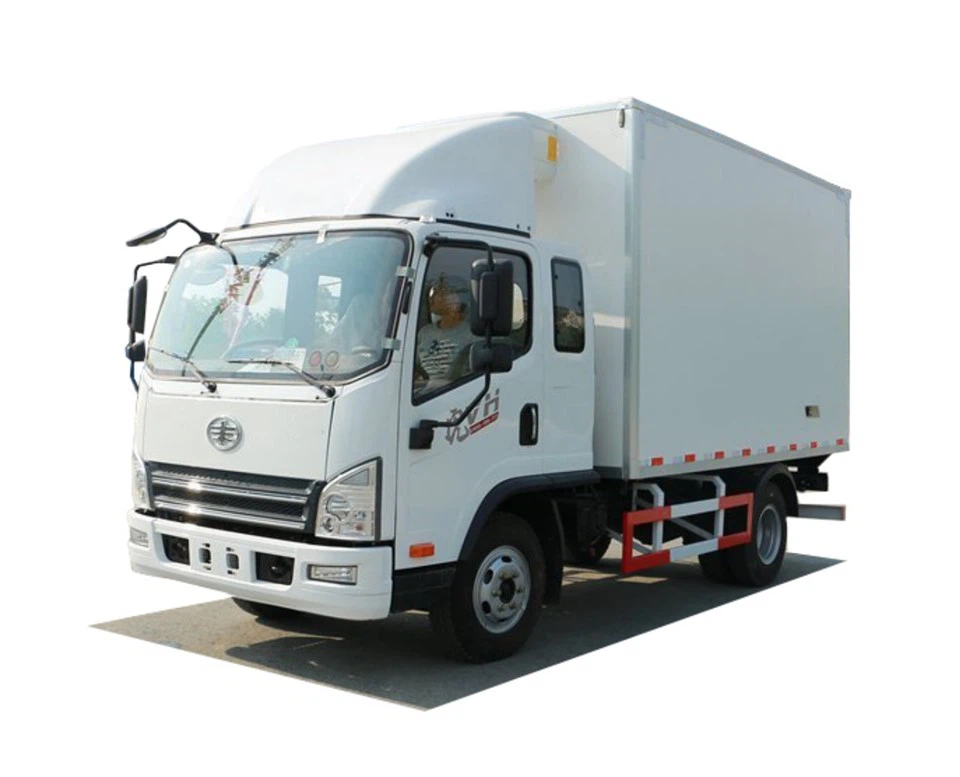
Always conduct a thorough inspection of the street sweeper before finalizing your purchase. Look for signs of wear, leaks, or damage.
Test Drive
If possible, take the vehicle for a test drive to assess its performance. Pay attention to how it handles and whether all components are functional.
Check for Upgrades
Some models may have been upgraded with better features or technology. Inquire about any modifications that could enhance performance.

Negotiate the Price
Don’t hesitate to negotiate the price. Knowledge of the market value can give you leverage in discussions with the seller.
Plan for Future Maintenance
Account for future maintenance and repairs in your budget. Establishing a relationship with a mechanic who specializes in street sweepers can be beneficial.
Frequently Asked Questions (FAQs)
1. How long do street sweepers last?
The lifespan of a street sweeper can vary widely based on maintenance and usage but generally ranges from 10 to 15 years.
2. Why should I consider a used street sweeper over a new one?
Used street sweepers are more cost-effective, have lower depreciation, and can still provide reliable performance if well-maintained.
3. Are parts for used street sweepers readily available?
Parts availability can depend on the brand and model. Well-known brands usually have a wider range of parts and service options.
4. Can I finance a used street sweeper?
Yes, many dealerships and financial institutions offer financing options for used street sweepers, making them more accessible to buyers.
5. What is the average maintenance cost for street sweepers?
Maintenance costs can vary based on usage and type but typically range from $2,000 to $5,000 annually.
6. What features should I look for in a used street sweeper?
Look for features like a reliable vacuum system, efficient filtration technology, comfortable operator controls, and compatibility with optional attachments.
